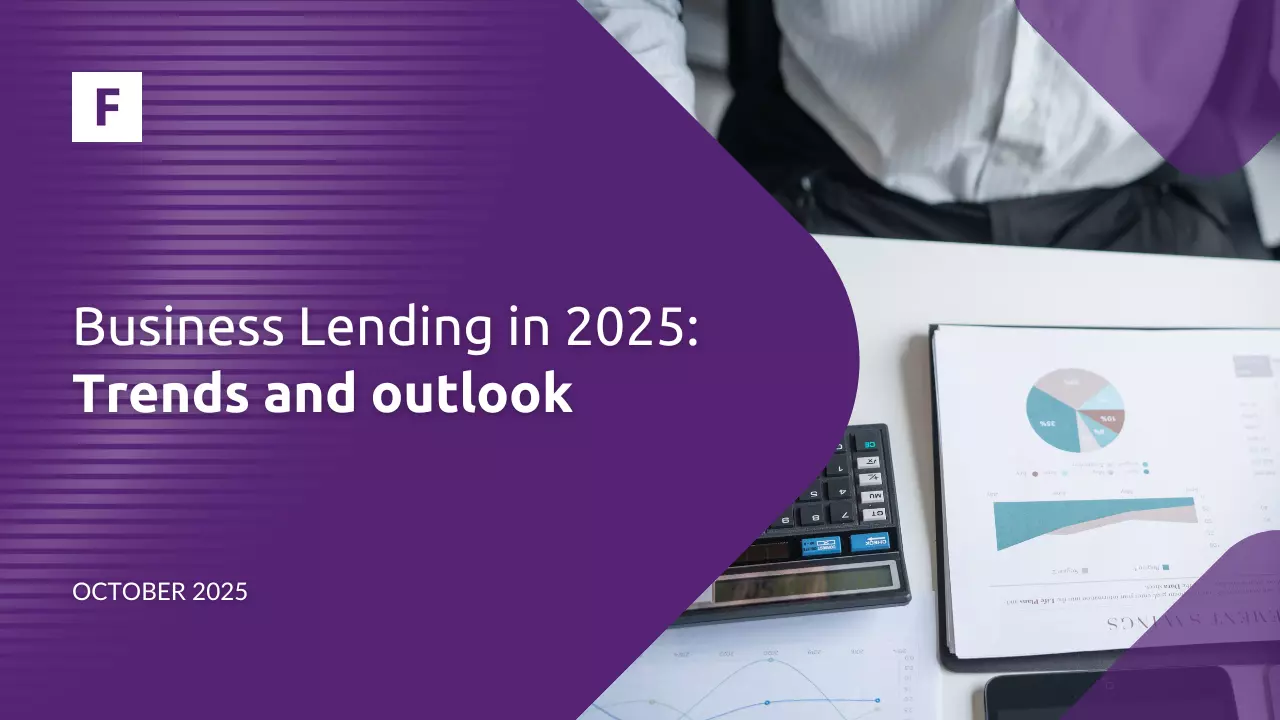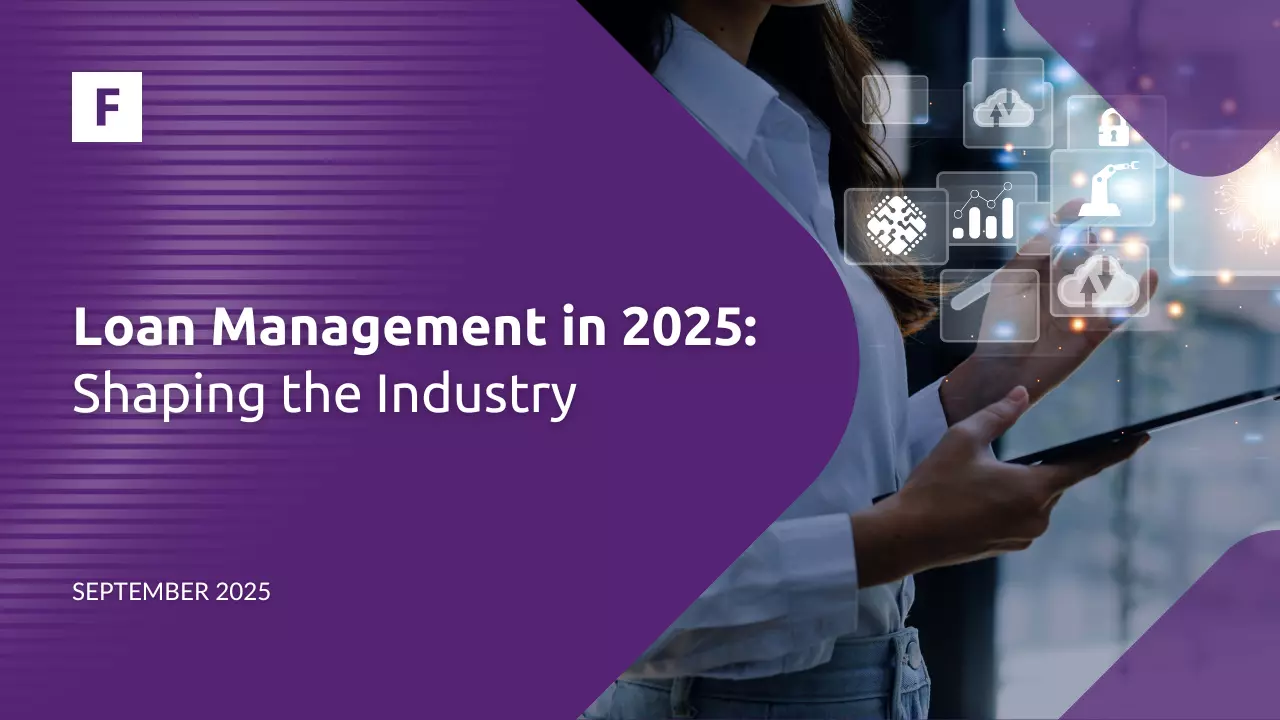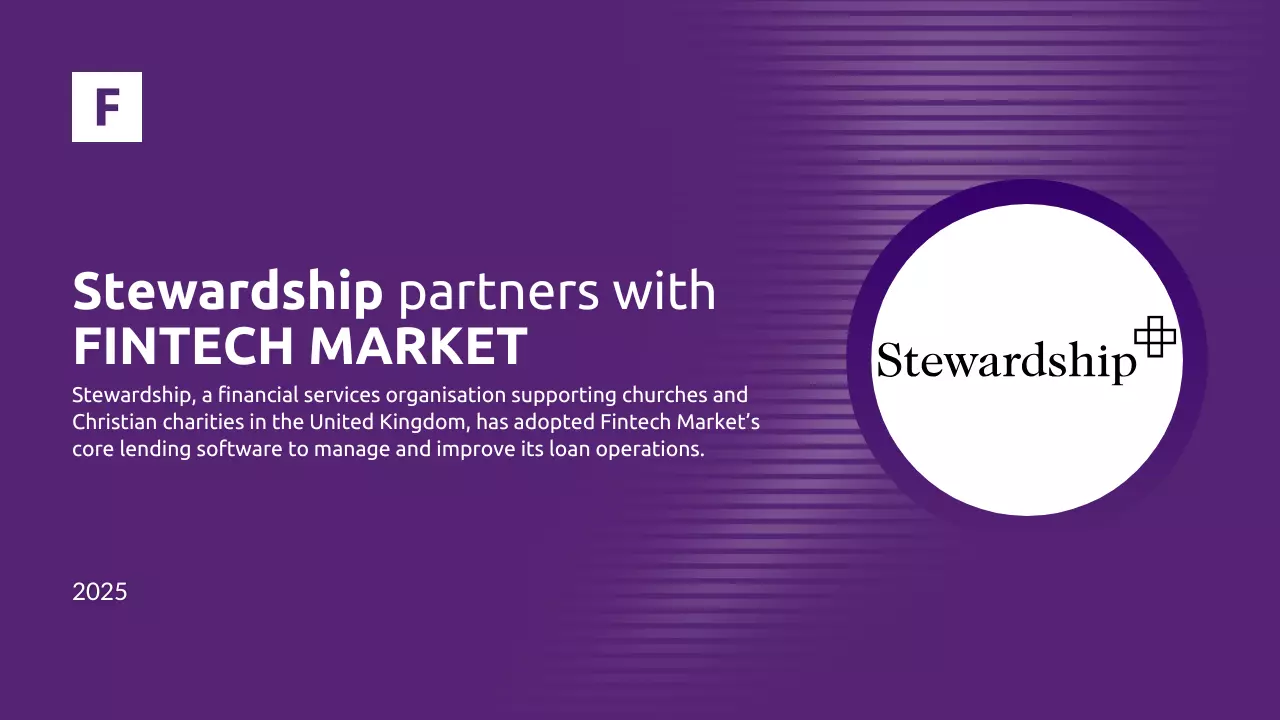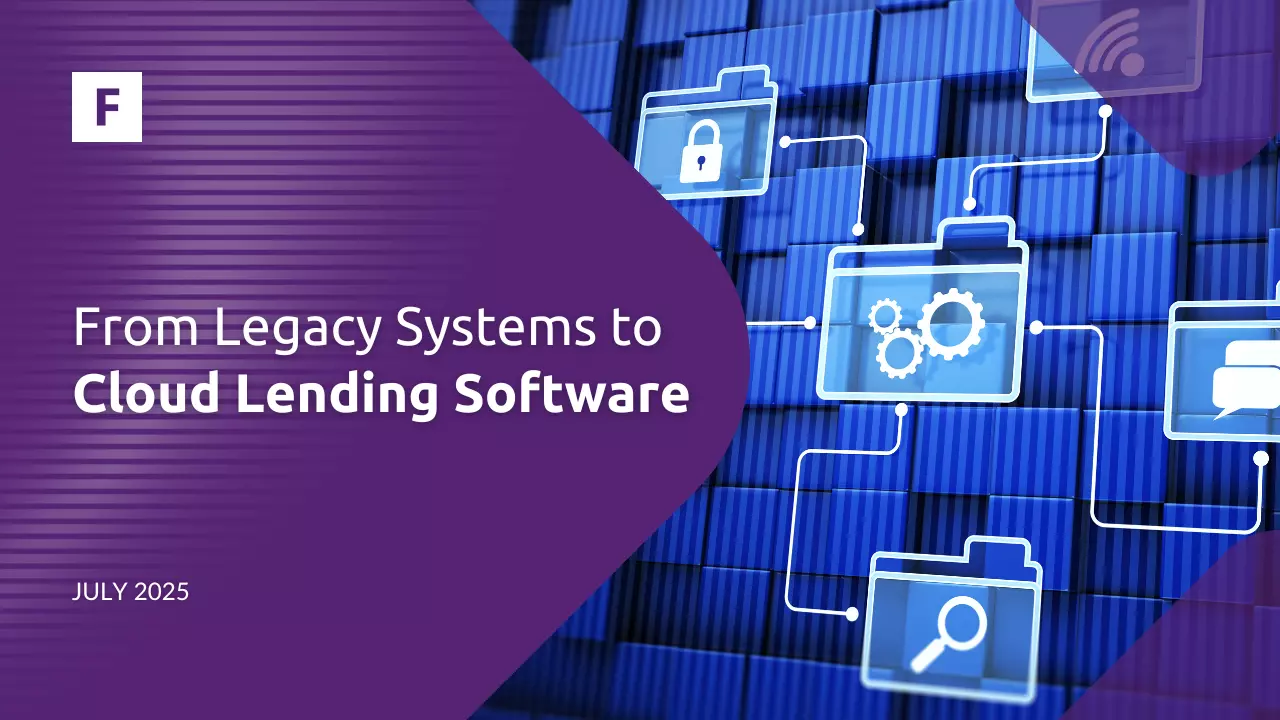In the automotive realm, leasing stands out as a favored option. Leasing allows people and businesses to enjoy the benefits of driving a vehicle without the commitment of ownership. Moreover, lease payments typically come in lower than loan payments, rendering leased cars a more economically feasible choice.
There are generally three types of car lessees. Wealthy individuals choose leasing to preserve cash for other investments while enjoying the convenience of driving new vehicles every few years. Consumers prioritize driving new cars and managing monthly expenses, finding leasing an affordable and convenient option. Financially challenged individuals opt for leasing due to its minimal upfront costs and lower monthly payments but must understand lease terms to avoid financial pitfalls.
The top 7 leading vehicle leasing companies globally include Enterprise Holdings, Hertz Corporation, Avis Budget Group, Ayvens, Arval, Sixt SE, and Europcar Mobility Group. These companies use online leasing systems that possess the expertise and resources necessary to effectively meet their client's needs by prioritizing customer satisfaction, innovation, and environmental responsibility. These companies are poised to shape the future of transportation and drive positive change in the years to come.
The car leasing market is huge. The global car rental and leasing market was valued at 728.13 billion US Dollars in 2023 and is expected to grow to 1,139.21 billion US Dollars by 2030. Car rental and leasing refers to the industry that provides customers with vehicles for short-term or long-term leases. Vehicle leasing is usually used by people who want to drive a new car but don't want to pay a high up-front cost for purchasing a vehicle.
What's the Car Leasing Market like in the UK and Estonia?
According to the analysis by Fleet News, the top 50 leasing companies in the UK are collectively funding more cars and vans than ever before. The previous record, total risk fleet of 1,740,877 vehicles set in 2018, was broken by 35,868 vehicles last year. Also, for the first time in 15 years, there is a new name dominating the market: UK car leasing software provider Ayvens. An online leasing system, formerly known as ALD Automotive. There are some smaller companies to keep an eye out for -- newcomer Holman has just entered the market but already has a notable share of the market.
Moving on from UK car leasing software providers, auto leasing plays an essential part in the Estonian economy as well. Based on the assessment by the World Leasing Yearbook, Estonia has maintained one of the highest annual leasing volumes as a percentage of GDP worldwide for the past fifteen years. Passenger cars were financed for 737 million euros in 2023, which represents a 4% rise compared to the year before. It made a total of 29,212 cars, with 15,006 being brand new.
One significant trend that fuels the market is the growing adoption of electric and hybrid vehicles as several nations are leaning toward a sustainable future. Many leasing providers are investing in eco-friendly vehicles to support the increasing demand for sustainable transportation options and meet environmental regulations. For example, as of the end of 2023, there are 5,991 electric passenger vehicles in Estonia, which marks a 14% rise compared to 2022. More than half of these cars are lease-financed.
Trends
The trends anticipate that the market is primarily driven by the increasing popularity of flexible loan options, such as programs for short-term commitments, allowing customers to lease for as little as a few months. Besides this, the emergence of subscription-based leasing models is also contributing to the market growth. These models offer a complete solution, including the vehicle itself, maintenance, insurance, and roadside assistance, integrated into one monthly payment. Moreover, vehicle leasing companies are increasingly leveraging digital platforms and technology to streamline the leasing process.
Before the pandemic struck, new car leasing was a notable sector constituting around 25-30% of all retail transactions. Particularly in the luxury sector, its market penetration rose to as high as 53%. However, the onset of the pandemic dealt a severe blow, causing new vehicle leases to drop to as low as 17%. Since then, the pace of recovery has been slow. Based on market analysis using data from S&P Global Mobility and TransUnion, it's projected that leasing will bounce back once inventory levels return to normal. However, despite these forecasts, a complete recovery to pre-pandemic levels is anticipated to take a considerable amount of time.
Currently, leasing penetration has barely rebounded from its pandemic low, with only a slight increase to 20.3% in September 2023. One of the reasons for the decline in leasing can be traced back to the new vehicle inventory crisis of 2021. As inventories shrank due to logistical challenges and chip shortages, dealer mark-ups increased, and consumer incentives vanished. Dealers prioritized profitable purchase transactions over leasing, leaving consumers seeking vehicles unable to negotiate leasing options at dealerships.
Also, the situation between luxury and non-luxury leasing has been balanced. The calendar year-to-date trend has shown that new registrations of luxury cars have risen since the pandemic but are still way below pre-pandemic levels. Luxury lease penetration rate was 52.5% in 2019 compared to 28.2% last year. The same rate for non-luxury cars was 26.4% in 2019 and 18.3% in 2023. However, both forms of leasing are experiencing a steady increase.
Technology continues to shape the car leasing industry. Key innovations like electric vehicles, autonomous driving, and blockchain are expected to influence leasing trends. On top of these trends, the car leasing market's future will be influenced by the rise of subscription models, increasing focus on sustainability, and the preferences of Millennial and Gen Z consumers.
Auto Leasing in the US
Looking overseas, approximately 39% of all new vehicles in the United States were acquired through lease agreements in 2021. The same rate for Europe was 67%. However, it is important to note that these numbers differ greatly among countries. It is important to note that in the United States, there is a notable trend of more leases for pickup trucks compared to cars, with nearly 2.5 million trucks leased in 2021 compared to slightly less than 1 million cars.
The current auto leasing market reflects significant regional variations in car ownership and leasing trends across the United States. Rising costs have led to longer ownership periods or larger loans for new purchases, resulting in an average car age of 12.5 years in the states. Higher percentages of adults owning cars over 10 years old are in the South, Midwest, and Pacific Northwest. In contrast, coastal regions like California, Florida, and the Northeast lean towards newer vehicles.
What Lies Ahead?
More and more new cars are being leased. For example, in the UK, about 20% to 30% of new vehicles are leased, versus being purchased. In more concrete numbers it means that currently, 1.6 million drivers lease their car. Also leasing electrical vehicles is growing. About a 32% increase in enquiries for EVs in Q1 2023 compared to Q4 2022. On top of that, the electric vehicle market is set to surge by 8.62% between 2024-2028.
Car leasing presents several significant benefits over outright purchasing or financing through a loan. Firstly, it typically involves lower monthly payments, making it a more budget-friendly option for many consumers. Furthermore, leasing provides the flexibility of effortlessly switching to a new vehicle once the lease term concludes. Moreover, lessees have the choice to either return the vehicle to the leasing company or buy it at a predetermined price, offering added convenience and control. These benefits drive the growing global popularity of car leasing. According to IMARC Group, North America is the largest market for auto leasing, followed by Europe and Asia Pacific.
Moreover, autonomous vehicles are on the horizon. Although they may not be readily available for lease at present, the future holds the promise of self-driving cars becoming a part of the leasing landscape. Peer-to-peer car leasing is a concept enabling individuals to rent out their vehicles during periods of non-use. Platforms like Turo and Getaround have emerged as frontrunners in this field, facilitating connections between car owners and renters. As this trend gains momentum, it promises increased flexibility and choice for those exploring car leasing, potentially reshaping the industry landscape even more.
Transitioning to Electric
The car leasing industry faces a significant challenge with the transition to electric mobility. By 2030, over half of global vehicle sales are projected to be electric. Remarkably, more than 30% of drivers are contemplating switching to electric vehicles when renewing their lease contracts, highlighting the growing demand for sustainable transportation options.
To gather more consumers to lease it is vital to provide personalized customization options and elevate the overall customer experience. Integrating a direct API damage detection service is one such solution. This technology enables precise assessment of damages and wear, enhancing transparency for consumers. Notably, AI-powered automated body inspections can decrease damage-related disputes by 50%. 72% of consumers are willing to pay extra for a leasing contract that provides tailor-made options just for them.
To be a competitive lease provider it is essential to manage your vehicle fleet wisely. One such option is to work together with GPS-tracking service providers. GPS tracking does more than just show locations. It helps with things like scheduling maintenance and diagnosing engine issues. These extras make your work easier and help you earn more.
With real-time monitoring, it is possible to monitor vehicles regardless of where they are. Such control reduces risks of misuse or unauthorized use which could lead to disputes between the lessee and the leasing company. Geofencing lets providers set virtual boundaries for their vehicles, meaning that the driver will be alerted with messages when exiting predefined areas. Also, payment alerts and reminders can be integrated with GPS systems. In this case, leasing companies would send automated reminders to clients for lease due dates or missed payments. According to Forbes, the best GPS tracking software on the market are provided by Geotab, Samsara, Azuga, One Step GPS, Verizon Connect, and InTouch GPS.
Fintech Market's solution
For the best car leasing solution, Fintech Market offers a dynamic SaaS leasing system that optimizes car lease company operations. Our SaaS leasing system provides customizable tools for lease product and fleet management and pricing, enhancing efficiency and elevating customer experiences while ensuring compliance and security.
Streamline your leasing process with our comprehensive software tailored for car leasing companies. From fleet tracking to inventory control and document handling, our solution empowers companies to efficiently manage their operations. With features for managing fleets effectively, tracking vehicle availability, scheduling lease contracts, and securely storing critical documents, our software simplifies the leasing process.
Effortlessly manage the lease product lifecycle with Fintech Market's auto loan management software, which includes credit risk management software features. Customize loan settings, and payment schedules and have an overview of rates provided by our credit decisioning engine. Integrated third-party payment options enhance customer retention and conversion rates, while tailored risk-based offers optimize profitability and competitiveness.
Establish trust and compliance with efficient KYC (Know Your Customer) processes. FTM's car lease software provides comprehensive KYC functionalities, including identity verification, compliance checks, and real-time activity tracking. With features like sanction list screening and politically exposed person (PEP) checks, our platform enables you to identify and mitigate potential risks associated with customers, ensuring security and regulatory compliance.
In summary, The vehicle leasing industry faces challenges, but they also represent significant opportunities. Effectively managing these challenges with auto loan management solutions provided by Fintech Market industry players can not only overcome these challenges but also distinguish themselves and offer top-tier car leasing services. With the right tools and strategies, success in the competitive leasing landscape is well within reach.
About Fintech Market
FTM is a cloud-based loan management system that caters to financial institutions, helping them optimize operations across various regions globally. It includes essential features such as CRM, KYC, risk management, and debt management for loans, deposits, current accounts, and investments. With tailored solutions to optimize their operations, FTM serves neobanks, SMEs, car leasing companies, and buy-now-pay-later companies.







